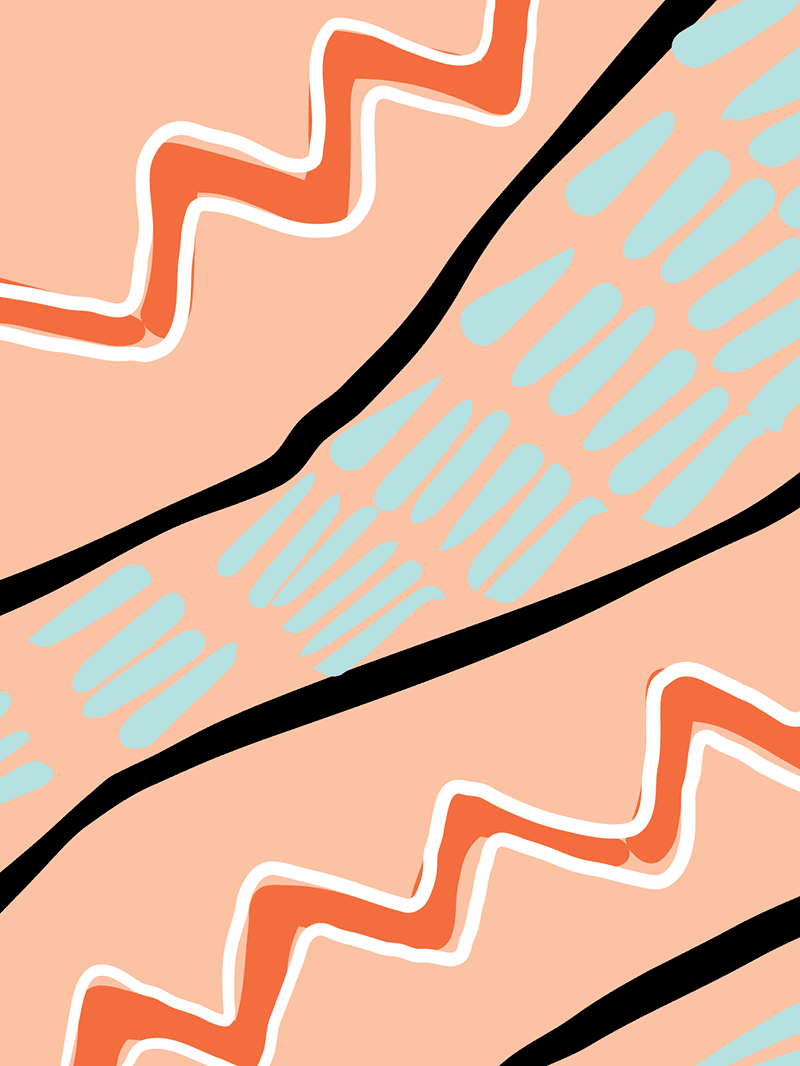A little piece of paradise: living the ‘good life’ on the Anne St Reserve in Broome from 1968 to 1982
This paper describes a social history project being undertaken by the Nulungu Research Institute, University of Notre Dame in Broome. The Anne St Reserve was established as a residential area for Aboriginal people, many of whom were camping along coastal areas around the town of Broome, through the 1950s and into the 1960s. Part of the intention of the Reserve’s twelve houses was to ‘prepare’ Aboriginal people for ‘transition’ into mainstream state housing. The way in which residents experienced life on the reserve was at odds with the stated policy objectives; instead their memories evoke a time of liberation, of connectedness with each other and of abundance, despite significant material poverty. Ex-residents of the reserve describe the town of Broome, the cultural places, the ceremonial places, the fishing places, traversing the landscape of the town in their memory. We will explore why this historical period was so positive for people and suggest that it relates to the diminution of the state — or its proxies in the Kimberley, cattle stations and missions — in people’s lives. They were free, for the first time in generations, of the constant and oppressive drive by non-Indigenous people to ‘develop’, ‘change’ or ‘transform’ them.
